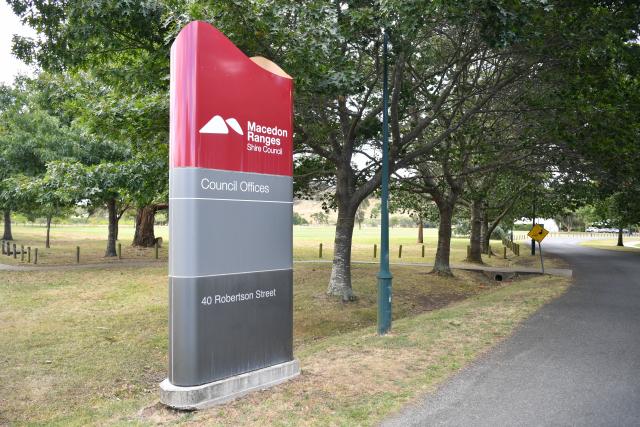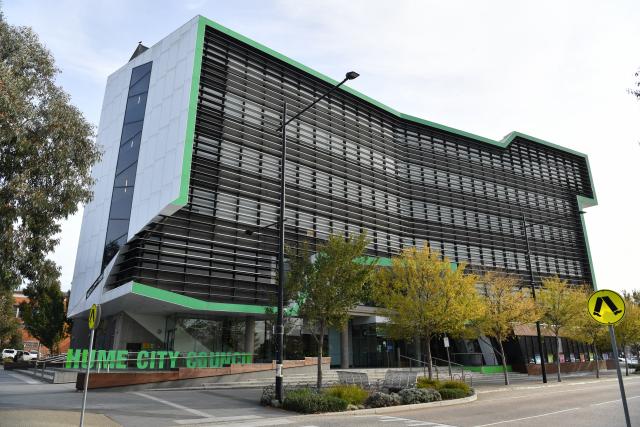Hume council’s decision to stop funding Daylesford and Macedon Ranges Tourism has sparked fears other local governments may follow suit.
Citing a tighter budget due to the recent introduction of rate capping, the council has decided against a $30,000 contribution to DMRT, which covers six municipalities and is experiencing record visitor numbers.
DMRT chairman Noel Harvey said the announcement had caught the board “on the hop”.
“We are concerned that with a year to run on other funding agreements, this could be just the start of it.” Mr Harvey said discussions with local and state government representatives were continuing.
“This is a really serious issue for the tourism cash sector. While I’m not aware of any other councils in the state that have made this cut, I think Hume could be leading the charge.”
Mr Harvey said the loss of funding would have a significant effect on the board’s 2016-17 plans but would not stop the reproduction of its ground-breaking visitors’ guide, said to be largely responsible for a 30 per cent increase in visitor numbers last year.
“We run a break-even budget,” he said.
“We worked hard to turn around a significant deficit in recent years. We’d wanted Hume to give us another year so we could make a transition to a new funding model, but it wasn’t to be.”
Hume planning and development director Kelvin Walsh said the council would continue to collaborate with DMRT on regional tourism and other promotions.
“Council will also continue to work corroboratively with other tourism stakeholders to continue to promote tourism in Hume and to help our local business operators thrive,” he said.
Tourism employs more than 4600 people in Hume and remains the fourth-largest financial sector with an estimated output of $1.566 billion.
Macedon Ranges council chief executive Peter Johnston said its memorandum of understanding with DMRT would run until June next year.
“Like all councils, following the introduction of rate capping, council will need to carefully consider all funding arrangements as part of future budget processes to ensure our priorities are met,” he said.
“With tourism being a key industry in the Macedon Ranges and across the state, the regional tourism boards are the key delivery mechanism for tourism development and marketing, and continue to be important for destinations such as ours.”
















